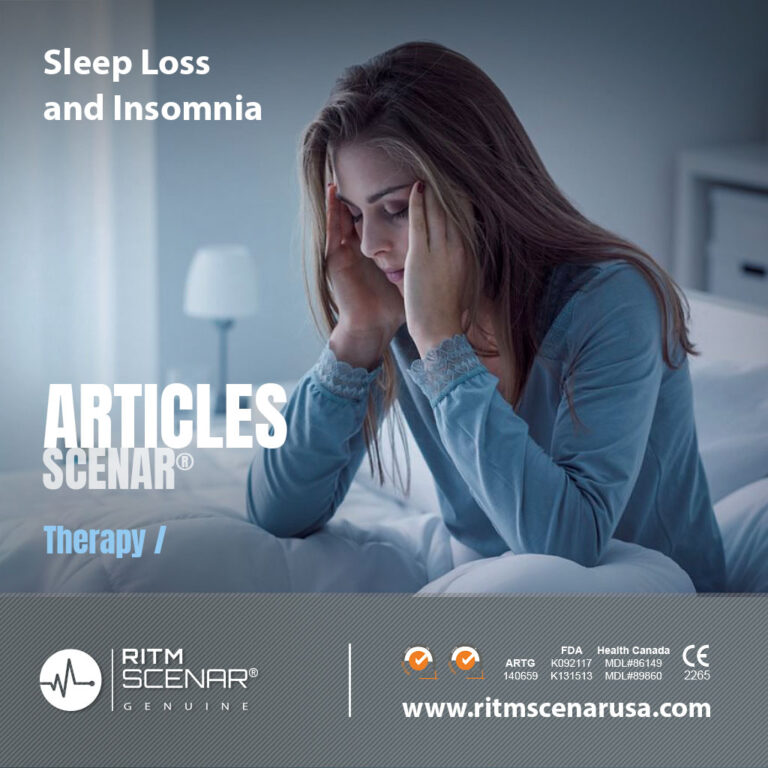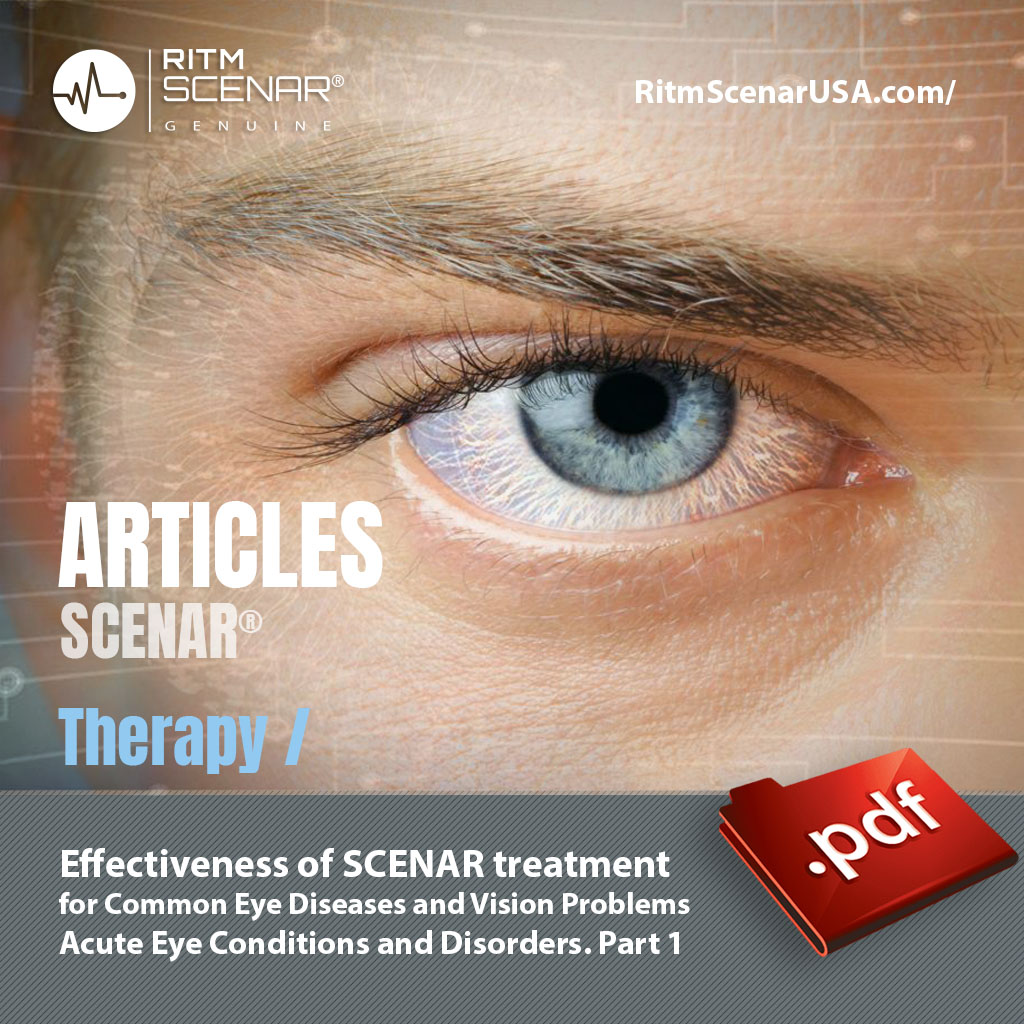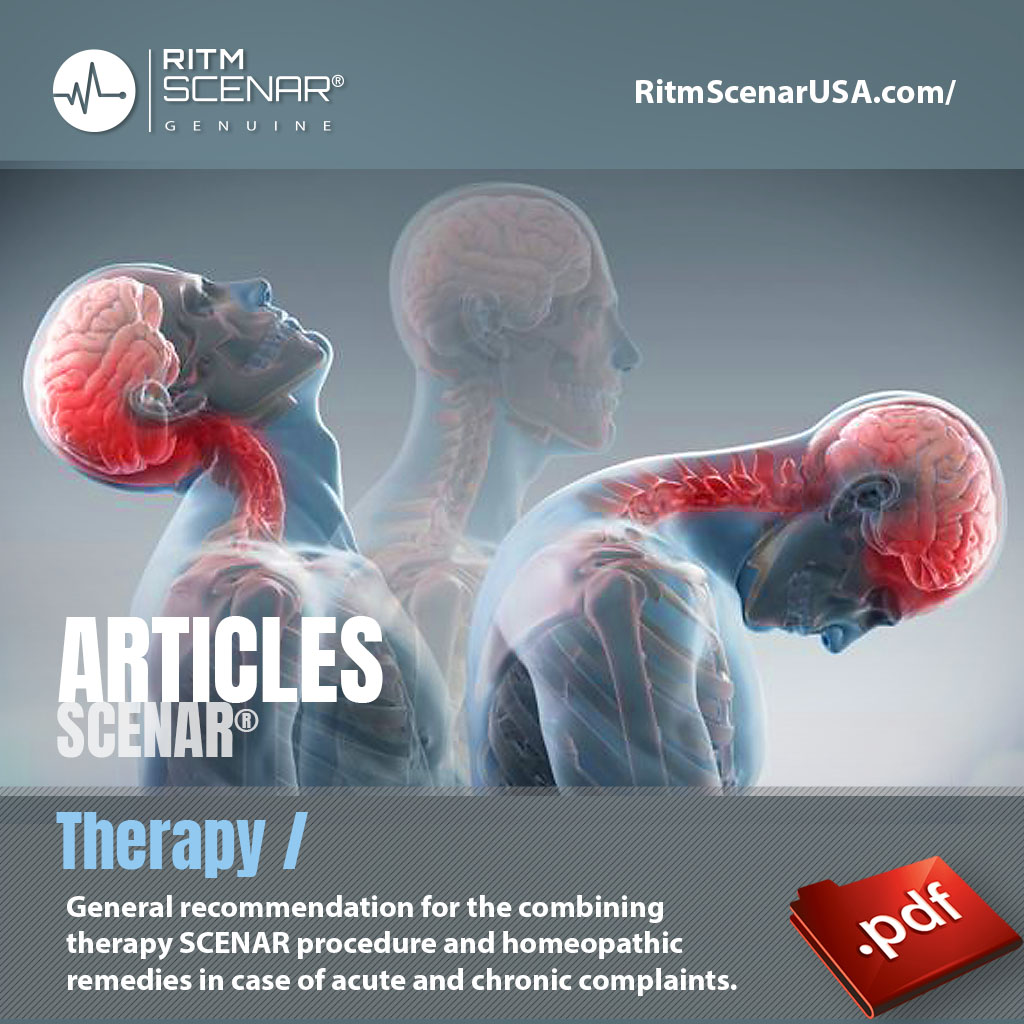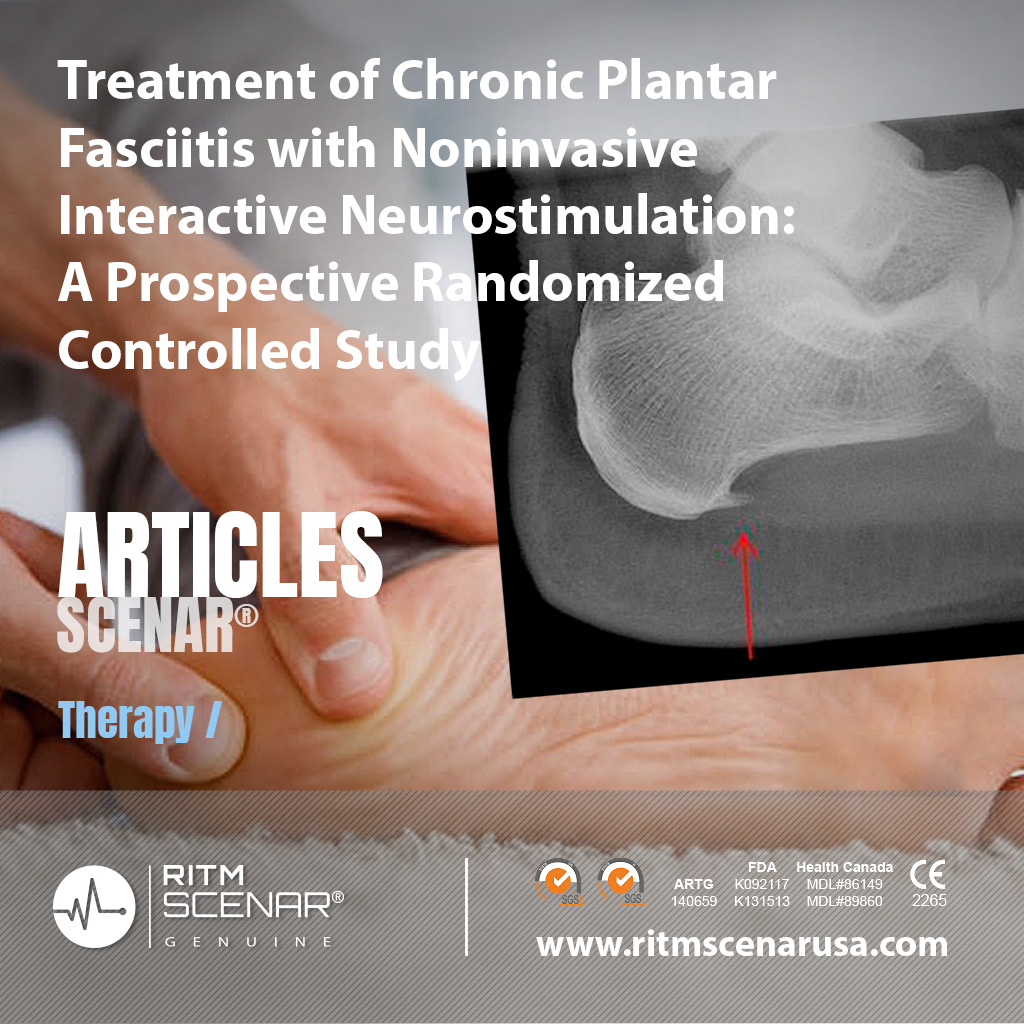Sleep has a significant impact on personal health. Sleep disorders – dyssomnia – are considered to be one of the leading medical and social problems. The balance between the duration of sleep, and wakefulness is one of the indicators of working capacity and productivity, and the sufficiency of sleep determines the ability of the individual to realize the program of the personal life.
In conventional medicine insomnia is treated the same way for each patient, which usually means prescription of the sleeping pills.
However, in Oriental medicine, insomnia is treated very individually and can have many causes:
- Too much internal heat, your internal motor may have overheated. At night, this heat can make you feel hot and have restless sleep.
- Bad digestion. If you eat too late at night, overeat, or eat spicy, rich, or fatty foods, your digestive system will work late into the night.
- Stress and strong emotions. It’s no surprise to anyone that stress can disrupt your sleep. Typically, this type of insomnia manifests itself as an inability to fall asleep when you first go to bed and your mind still goes fast.
- Hormones. The two most common complaints in menopausal women are interrupted sleep and night sweats.
- Exhaustion. You might just be too tired to sleep. It most often occurs in people who are chronically malnourished, have recently had surgery or blood loss, or suffer from adrenal fatigue or chronic disease. This kind of insomnia can also affect people who are simply tired.






